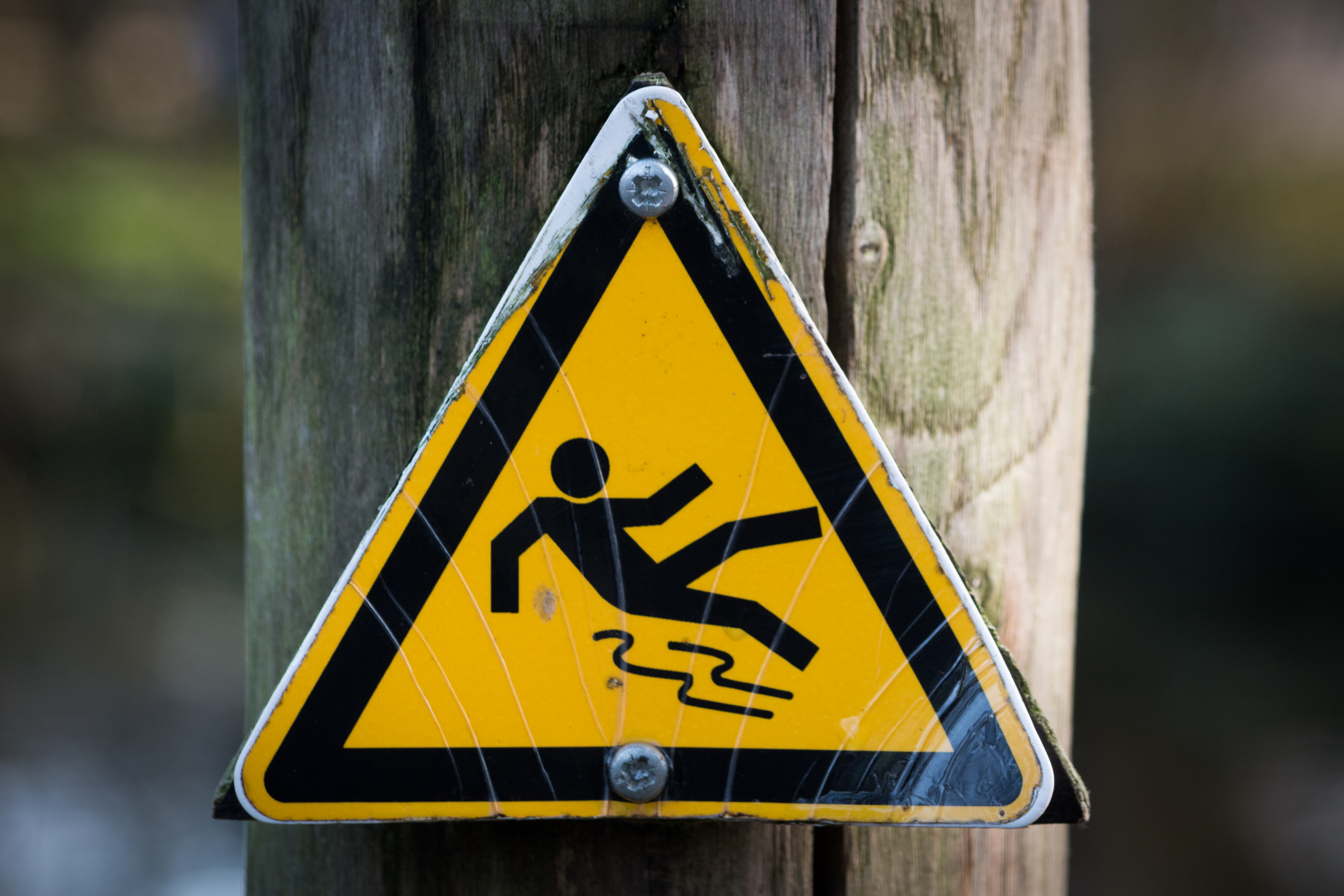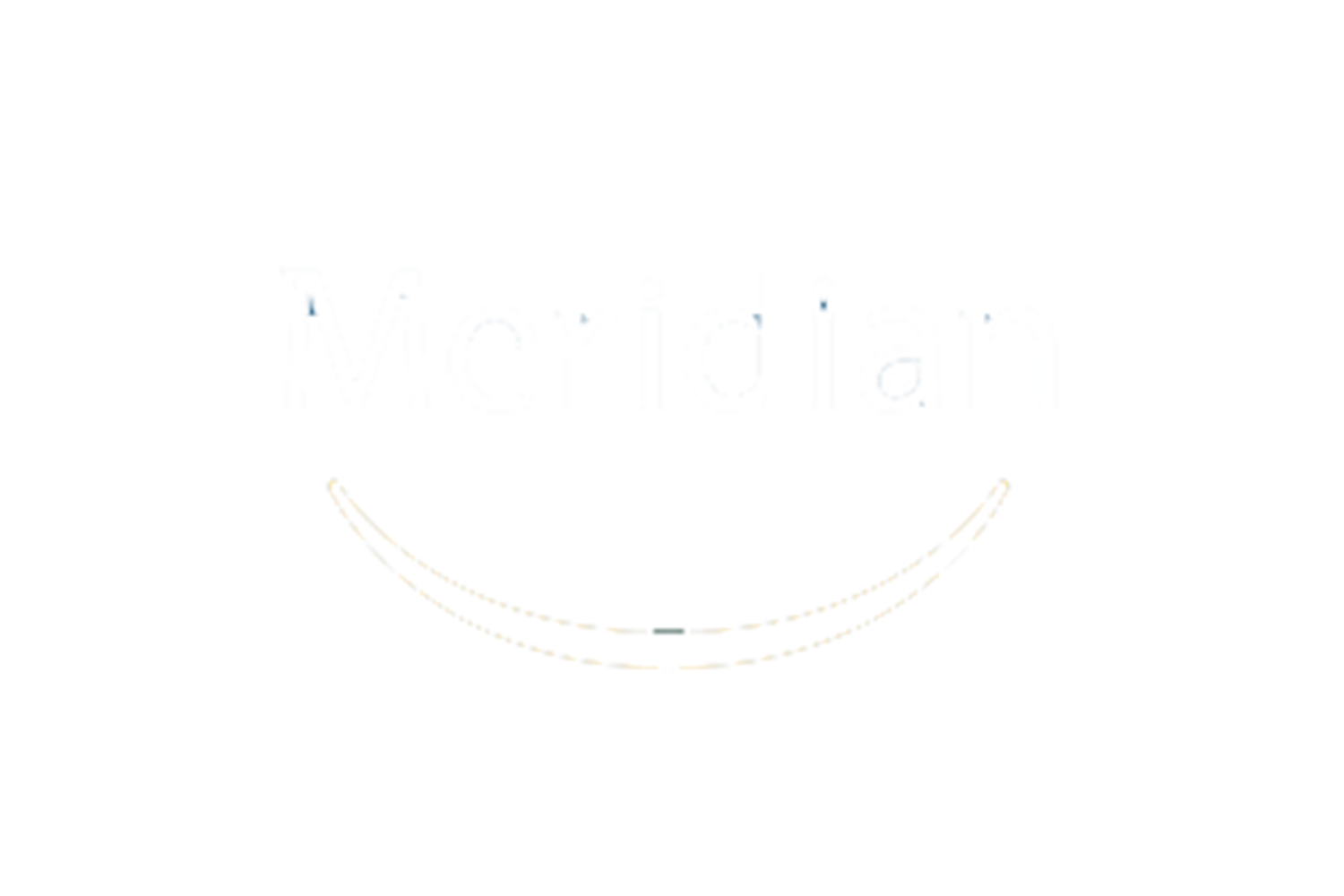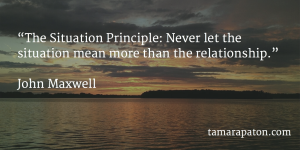

As corporate directors, we feel flattered when invited to join a new board. And what could be more exciting? The opportunity to support a management team, pursue inspiring goals, and develop new skills feels like a win for all involved. Director liability rarely crosses our minds.
At least, it usually feels this way until the day we get sued. Despite our altruistic motivations, serving on a board carries risk. The magnitude of the risk varies with organizations’ size and complexity, but director liability is a reality for all boards. Even the most nobly-inspired charity represents a source of risk for its directors.
Corporate governance training programs (like this, this and this) teach tested theory that frames director liability. On occasion, a board might hire a legal expert to advise on specific circumstances. During our day-to-day work, however, we must enhance formal guidance with our own intuition and informed practices.
Blending the theoretical and practical approaches to risk, I frequently scan my circumstances for liability. Posing these four questions will help keep us in the board room and out of court.
1. Do board discussions reflect an awareness of director liability?
As a starting point, every director should understand the fiduciary duty they have to the organization and its stakeholders. The specifics vary with geography, but generally require directors to uphold the following duties:
- Loyalty: Remain loyal to the organization, avoiding conflicts of interest
- Care: Demonstrate a high standard of care, skill and diligence
- Good faith: Act in good faith to promote the success of the organization
Board meetings that gloss over complex details are a warning sign. To discharge our responsibilities under the duty of care, courts expect us to ask all the questions that a reasonable, prudent individual would ask in our circumstances. Accordingly, we must ensure that management reports are consistent with the information we gather via site visits and industry conferences.
2. Are the board’s collective skills sufficiently diverse and comprehensive?
Beyond the fiduciary duty described above, directors accept other forms of risk. Depending on jurisdiction, we may take on personal liability related to the environment, employee wages and business failure. We also tie our individual reputations to the success and failure of the organization, something that no amount of D&O insurance can cover.
Under the weight of these responsibilities, directors count on one another to triangulate a collective understanding. No one individual can master every function within an organization, nor can we expect a single director to catch every nuance of a complex decision. We need a variety of backgrounds and problem solving styles to knit the strongest net possible.
Boards that lack diversity or the mastery of a strategically important skill leave all directors exposed. It is worth recruiting new directors with this goal in mind. Engaging subject matter experts as consultants to the board can also close knowledge gaps, although they themselves do not share any potential liability.
3. Does our board invest to improve its performance?
How can directors improve their interactions with management and amongst themselves? How does the board improve its understanding of our industry and strategically important functions? How have changes in our strategy changed the information directors need?
A high-performing board asks itself these and other questions as part of its commitment to continuous improvement. If a board operates under a “We’ve always done it this way” mindset, directors are taking unacceptable risk and they have no one to blame but themselves.
In contrast, risk-mindful boards engage consultants to assess board and committee performance. (As an aside, I recommend this one and that one.) A fresh set of eyes on boardroom dynamics, information flow, and decision-making practices can help directors up their game.
4. Do directors appear committed to remaining independent of management?
When I join a new board, building relationships with fellow directors and management is my first priority. Corporate governance is a team sport, after all, and we collaborate best with teammates whom we know personally.
There is a risk, however, that the pursuit of social context puts directors’ objectivity at risk. It’s one thing to enjoy a round of golf with the CFO, but quite another to enjoy an annual golf weekend away together.
In my experience, boards avoid hard and fast rules on this, instead relying on directors’ sound judgment. Missteps themselves aren’t a sign of trouble, but it is the manner with which the board handles concerns that might be. If a board refuses a constructive dialogue on independence, other troubling issues probably reside just below the surface.
What warning signs catch your eye when you serve on boards? Are there other ways to shine a light on potential sources of director liability?
Please tweet and/or share this post with your network. I would love to help as many aspiring directors as possible.










